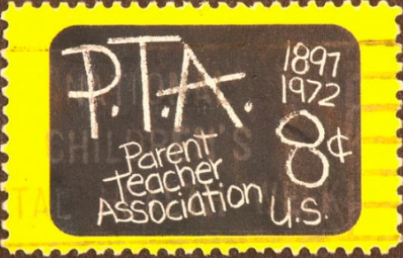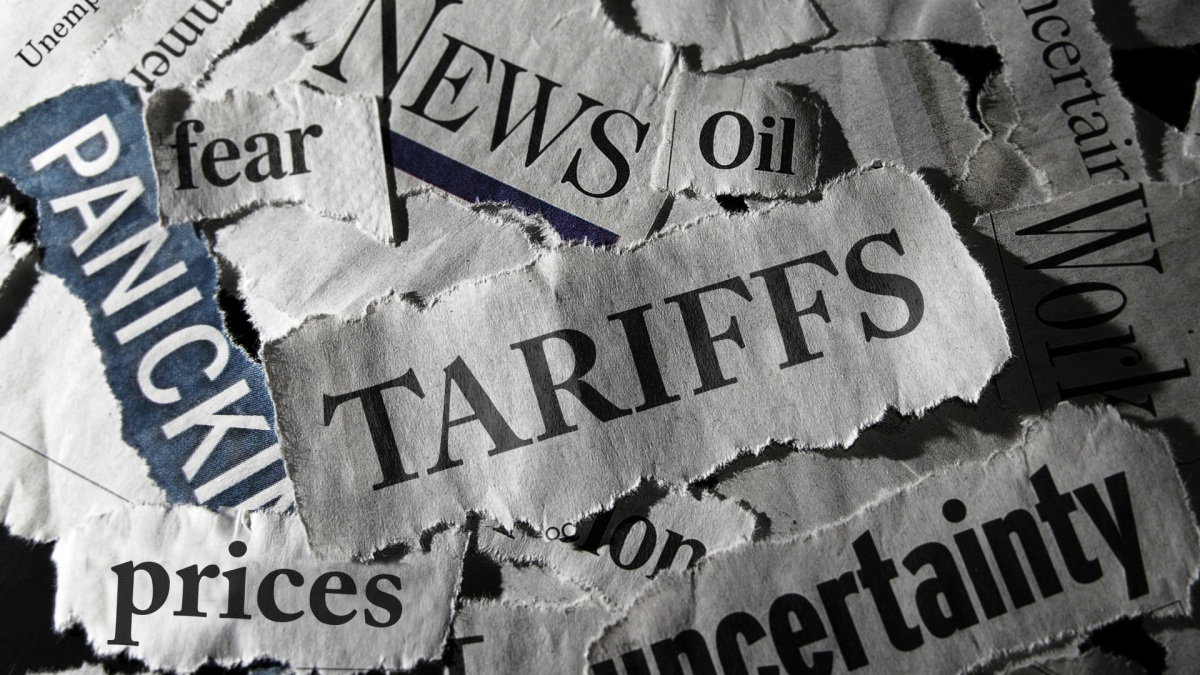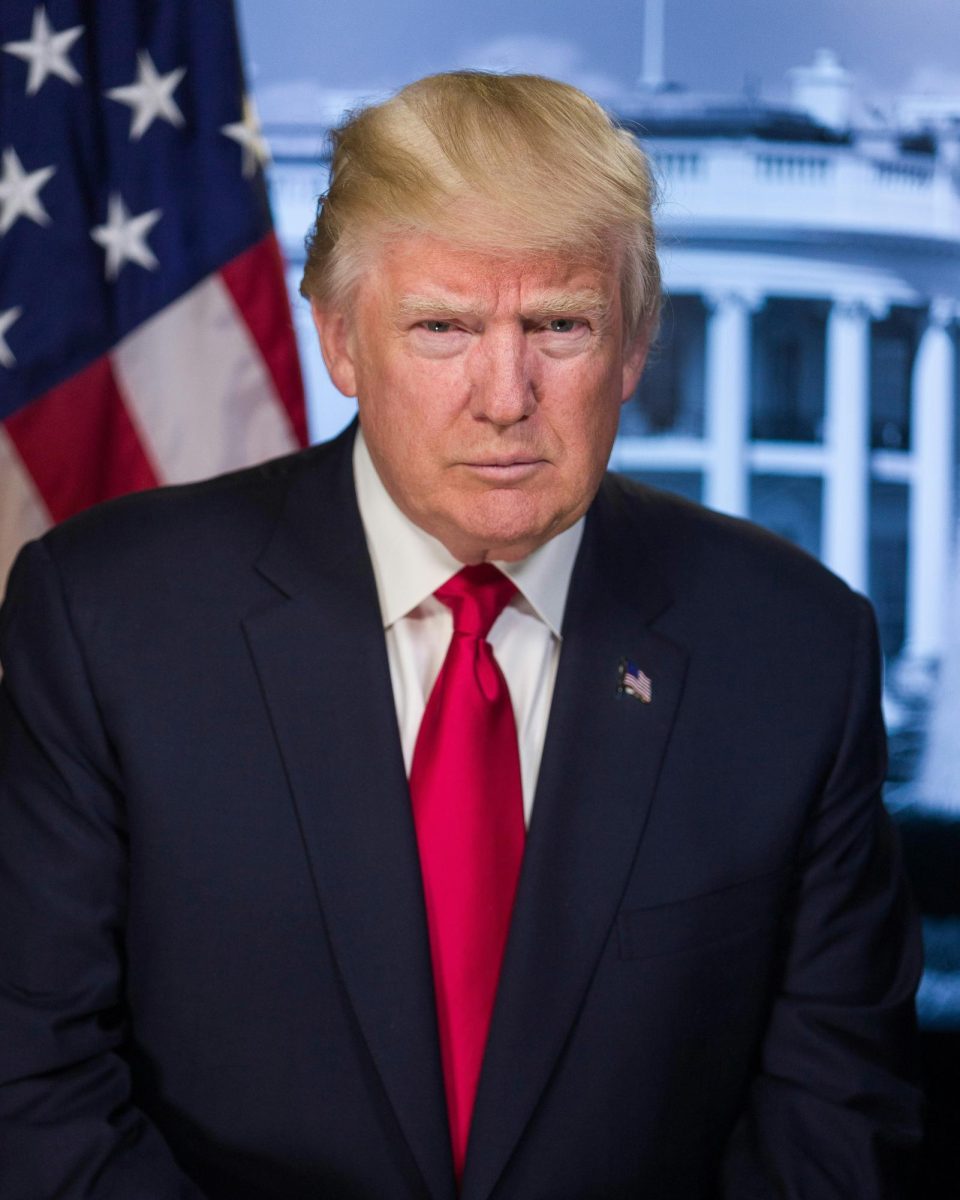On January 1st,2024, the “Better Bag Bill” took into effect all over Prince George’s County. This bill prohibits all retail establishments from selling single used plastic bags to their customers. Stores are instead allowed to sell their customers paper or reusable bags for a minimum fee of 10 cents per each bag. Prince George’s County is just one of the recent counties in Maryland to ban plastic bags, following Anne Arundel County and Baltimore County with similar bills to ban plastic bags. Maryland as a whole state has not banned plastic bags, only certain counties in Maryland have implemented such laws. The bill was made to encourage shoppers to bring their own reusable bags and for more other reasons.
According to Prince George’s County the reasons for the ban were to..
- Help protect the environment,marine life, and reduce litter.
- Helps avoid making taxpayers and the county government from having to pay large amounts of money from fixing the county’s recycling machinery when it’s damaged from plastic bags. Since plastic bags are not recyclable at Prince Geroge’s County recycling facility.
- The County Council has found that the use of single-use plastic bags by consumers from retail establishments are detrimental to the environment, public health, and welfare of county residents and visitors.
Although this bill has placed a ban on plastic bags from being distributed to customers at checkout, there are exceptions to this rule. Packaged bulk items, including fruit, vegetables, nuts, grains, candy, or small hardware items. Any contains or wrapped frozen foods, meat, or fish, whether prepackaged or not that contain, wrap flowers, potted plants, or other damp items, unwrapped prepared foods or bakery goods; Protect or contain garments or dry–cleaned clothes; protect suits, dresses, and formal wear;
Take live fish, insects, mollusks, or crustaceans away from the retail store.
The mandatory minimum charge for paper bags is exempted for use of paper bags that contain prescription drugs,contain prepared food provided at the drive-through window of a restaurant and paper bags that are provided by a full service restaurant after a meal for leftovers. But according to PG county Council member Krystal Oriadha she says that some businesses are charging fees when they’re not supposed to. In the first month of the bill taking into effect she says “Some places are charging up to 30 cents per bag.” It has made many consumers frustrated , one shopper said “I spend enough in the store as it is, I’m not going to pay for a paper bag.”
Others say that it is unfair for them to have to pay for paper bags since they are “unreliable”. As paper bags are not waterproof, it takes more energy to produce paper bags than plastic bags, etc. Paper bags are biodegradable, reusable and recyclable but it seems that it could do more damage than good.
Although this bill was claimed to have been made with good intentions in trying to reduce litter. There are some residents that are saying that paper bags are not the best solution for trying to reduce litter. Mrs. Zaied, the sponsor of the Go Green Club at Parkdale High school said, “ It’s a good step into trying to reduce litter but we want a better solution because using paper bags will make us have to cut more trees to get the material.”
In 1965 engineer Sten Gustaf Thulin designed the first plastic bag and was patented by a Swedish Company called Celloplast. Gustaf created plastic bags with the intention of saving trees/the environment as he was unhappy with the deforestation because of the production of paper bags.
A recent report by “ Plastic Bag Bans Work”, found that plastic bags were found to be effective at reducing plastic bag waste in the United States. The report noted that bans in just five locations in the U.S cut single use plastic bag consumption by about 6 billion bags per year. The current states to have banned plastic bags statewide are California, Colorado, Connecticut, Delaware, Hawaii (de facto), Maine, New Jersey, New York, Oregon, Rhode Island, Vermont and Washington and the territories of American Samoa, Guam, Northern Mariana Islands, United States Virgin Islands and Puerto Rico have banned disposable bags. Who knows if Maryland as a whole state will go the same route as these other states in the future.








